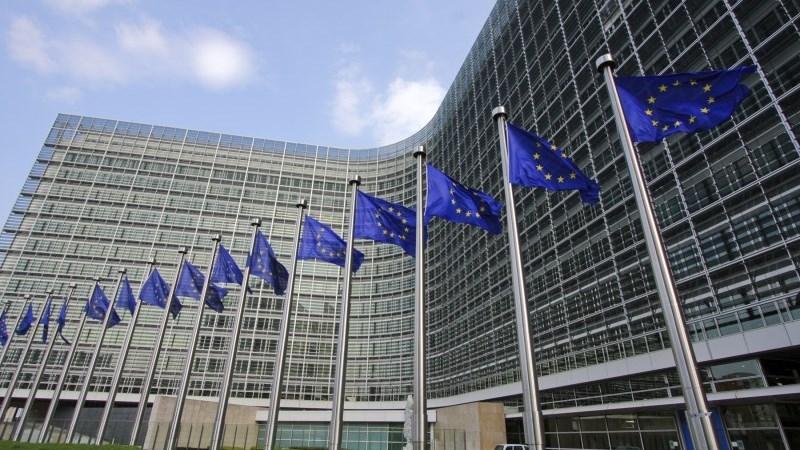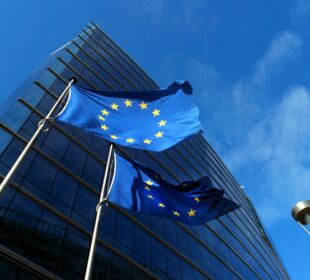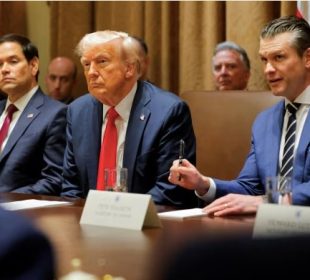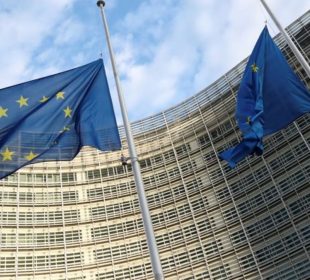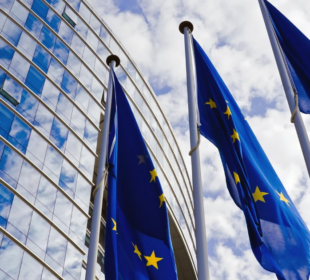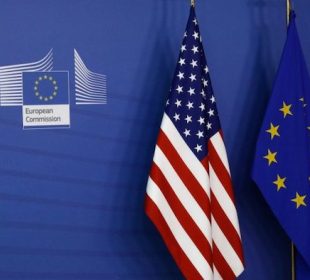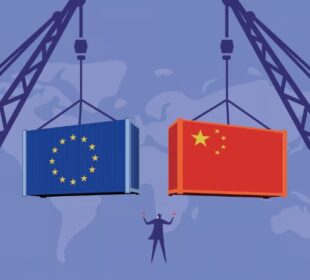Negotiators from the European Commission, the European Parliament and the Council reached an ambitious political agreement on increasing renewable energy use in Europe on June 14, 2018.
According to the announcement, two out of the 8 legislative proposals in the Clean Energy for All Europeans package (adopted by the European Commission on November 30, 2016) have been already agreed by the co-legislators.
The new regulatory framework includes a binding renewable energy target for the EU for 2030 of 32% with an upwards revision clause by 2023. This expected to allow Europe to keep its leadership role in the fight against climate change, in the clean energy transition and in meeting the goals set by the Paris Agreement.
The rules agreed on June 14, 2018 serve also to create an enabling environment to accelerate public and private investment in innovation and modernisation in all key sectors. The EU aims at developing enabling measures that will stimulate investment, create jobs, improve the skills of people, empower and innovate industries and ensure that no citizen, worker or region is left behind in this process.
Main achievements of the regulation include:
- A new, binding, renewable energy target for the EU for 2030 of 32%, including a review clause by 2023 for an upward revision of the EU level target.
- The design and stability of support schemes for renewables.
- Real streamlining and reduction of administrative procedures.
- A clear and stable regulatory framework on self-consumption.
- Increase of the level of ambition for the transport and heating/cooling sectors.
- Improved the sustainability of the use of bioenergy.
Arias Cañete, Commissioner for Climate Action and Energy Miguel, commented:
“Renewables are good for Europe, and today, Europe is good at renewables. This deal is a hard-won victory in our efforts to unlock the true potential of Europe’s clean energy transition. This new ambition will help us meet our Paris Agreement goals and will translate into more jobs, lower energy bills for consumers and less energy imports. I am particularly pleased with the new European target of 32%. The binding nature of the target will also provide additional certainty to the investors. I now call on the European Parliament and the Council to continue negotiating with the same commitment and complete the rest of the proposals of the Clean Energy for All Europeans Package. This will put us on the right path towards the Long-Term Strategy that the Commission intends to present by the end of this year.”
Following this political agreement, the text of the Directive will have to be formally approved by the European Parliament and the Council. Once endorsed by both co-legislators in the coming months, the updated Renewable energy Directive will be published in the Official Journal of the Union and will enter into force 20 days after publication. Member States will have to transpose the new elements of the Directive into national law 18 months after its entry into force

